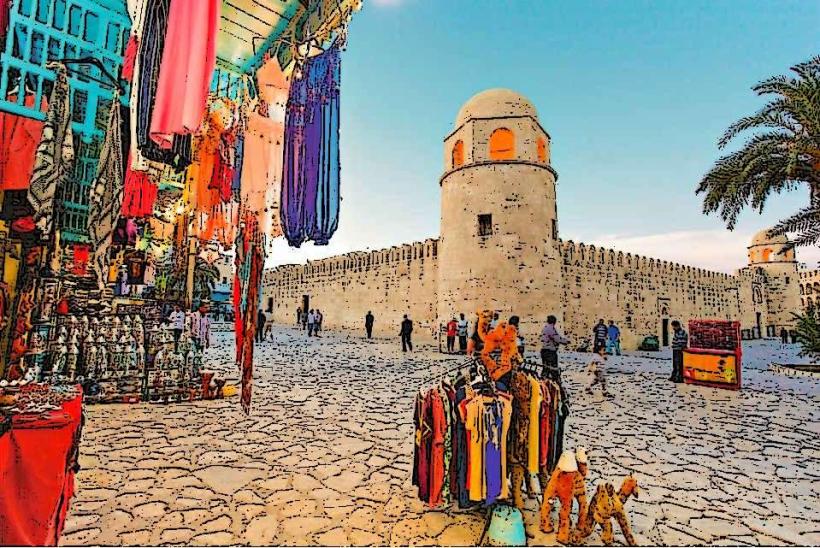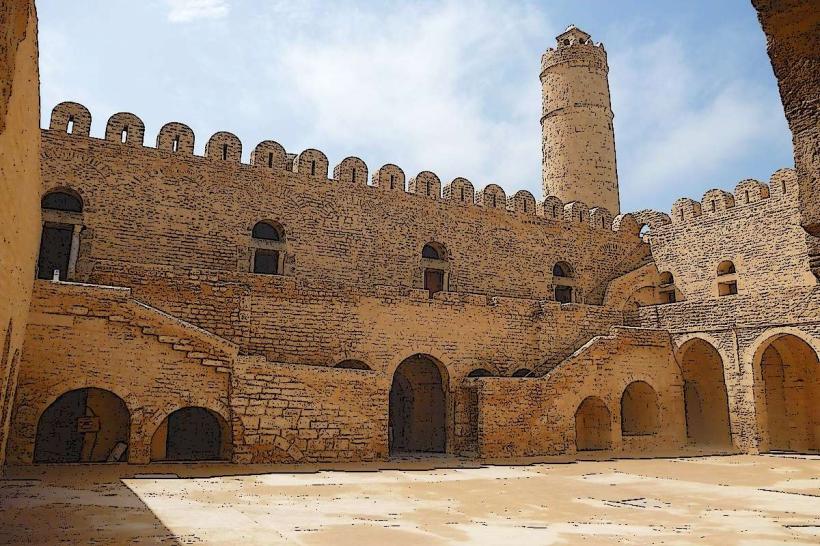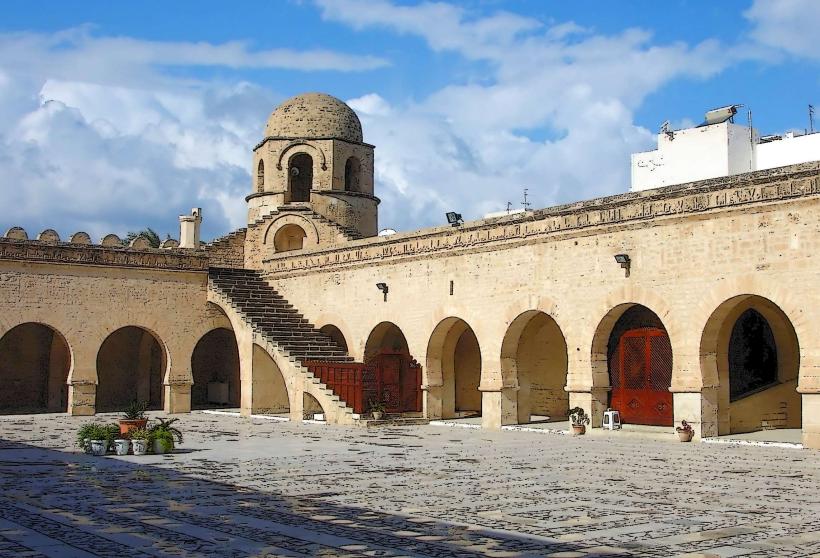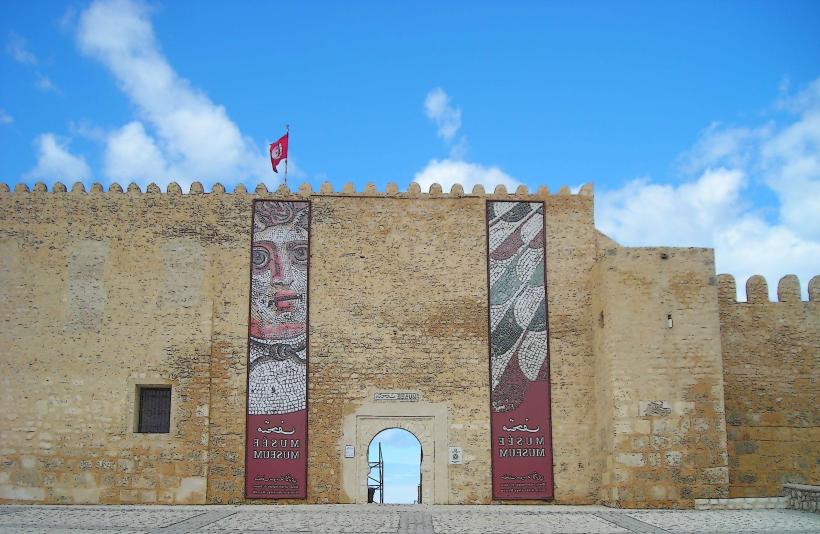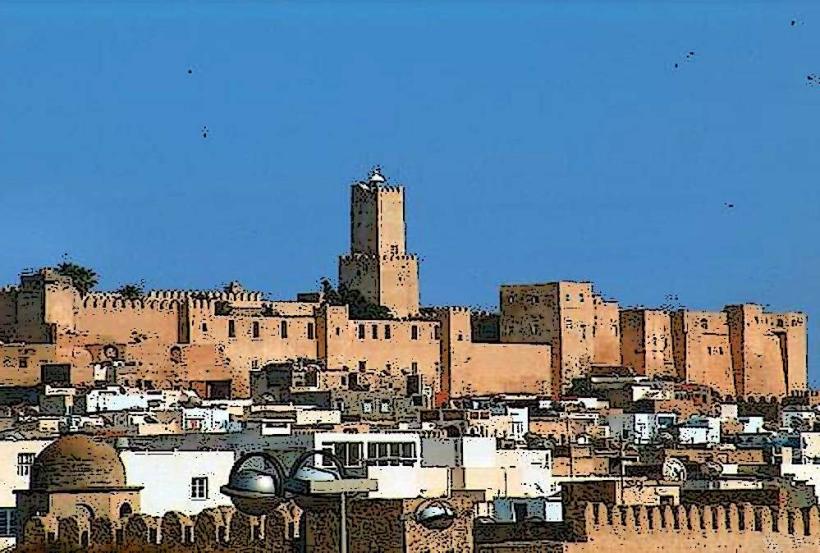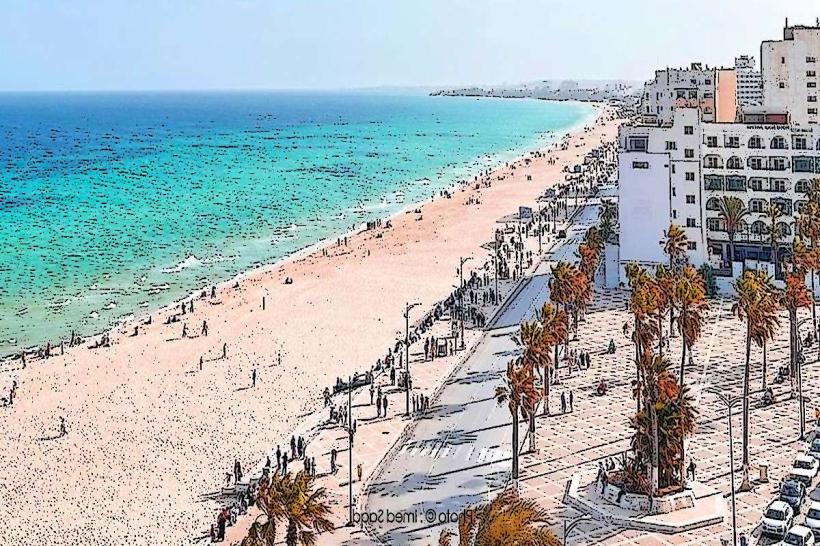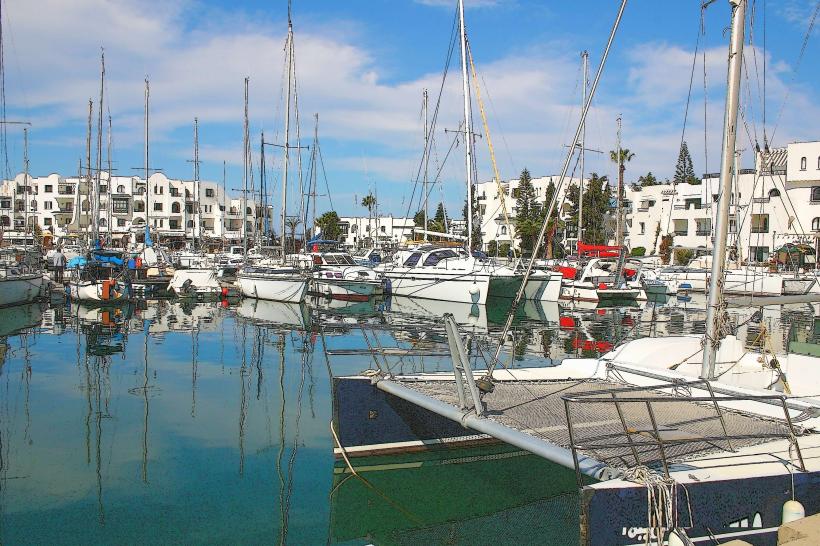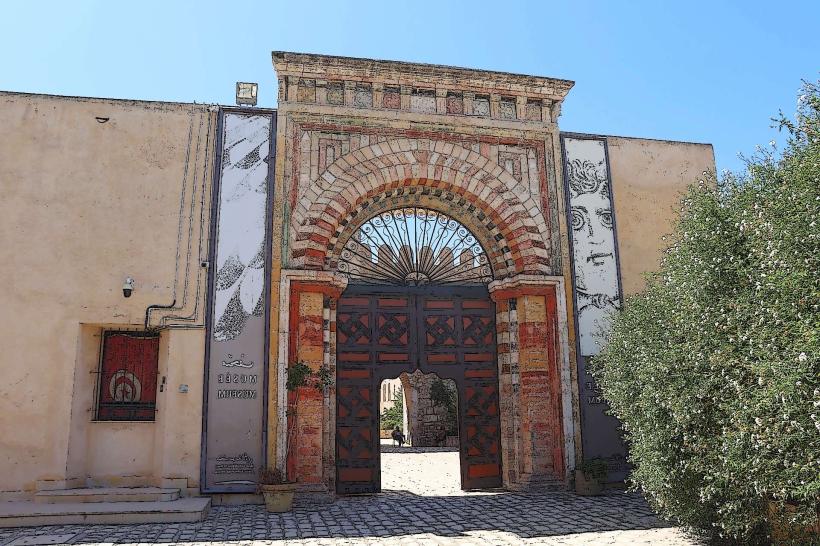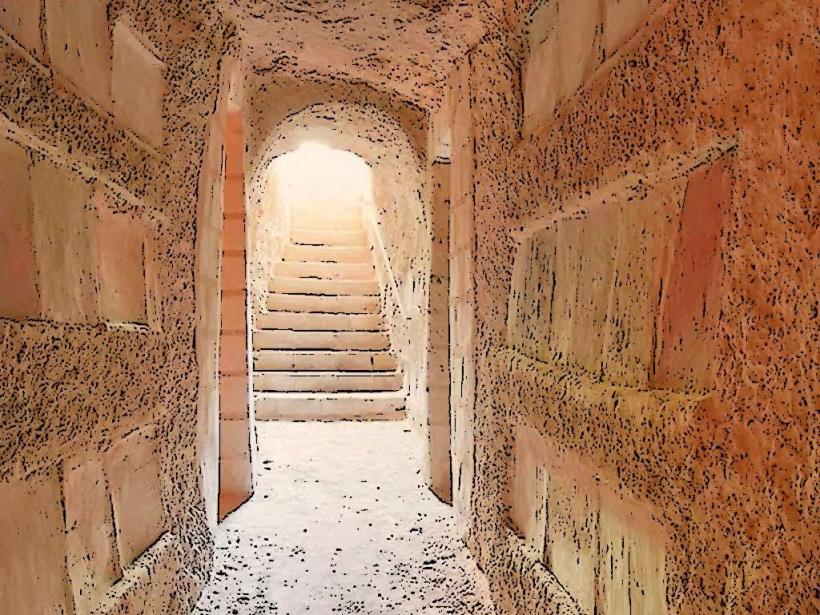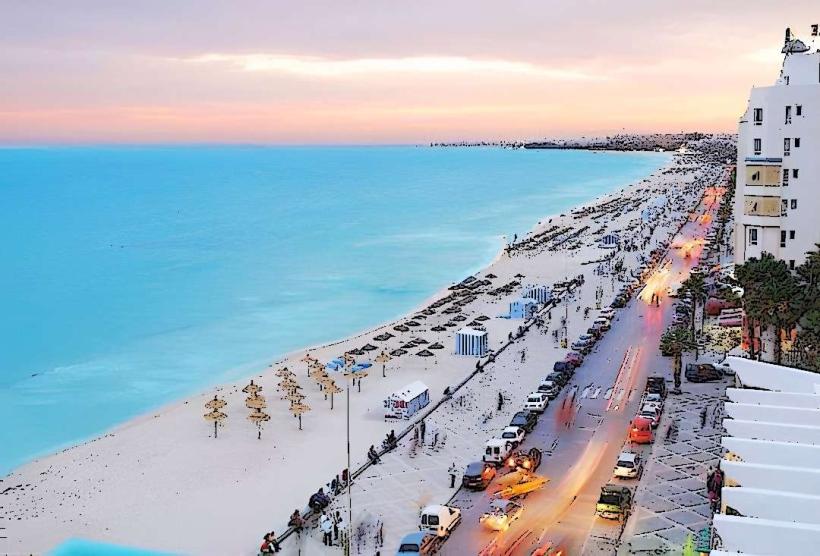Information
City: SousseCountry: Tunisia
Continent: Africa
Sousse, Tunisia, Africa
Sousse is a historic coastal city located in east-central Tunisia, along the Gulf of Hammamet in the Mediterranean Sea. It is the capital of the Sousse Governorate and one of Tunisia's largest cities. With a population of over 300,000, Sousse combines ancient heritage with modern urban life, making it a major center for commerce, tourism, and culture.
Historical Overview
Sousse (ancient Hadrumetum) has a history dating back over 3,000 years:
Phoenician Origins: It was originally founded in the 11th century BC by Phoenician traders. As Hadrumetum, it became an important port and commercial center.
Carthaginian Era: The city thrived under Carthaginian rule and remained loyal to Carthage during its conflicts with Rome.
Roman Period: After Carthage fell, Sousse was absorbed into the Roman Empire. It flourished as a Roman colony and was part of the Africa Proconsularis province.
Vandal and Byzantine Control: In the 5th century, the Vandals took over the city. It later came under Byzantine rule before the Muslim conquest.
Islamic Era: The city was rebuilt and fortified under the Aghlabids in the 9th century, when it became a military and naval base. The city's medina dates to this period.
Medieval and Ottoman Periods: It remained an important coastal city through the Hafsid, Spanish, and Ottoman periods.
French Protectorate and Independence: Sousse became a key port and commercial center under French rule (1881–1956) and continued to develop after Tunisia’s independence.
Geography and Layout
Location: Sousse lies about 140 km south of Tunis and is part of the Sahel region, known for its olive-growing plains and flat terrain.
Urban Structure: The city is organized around its historic medina (old town), which is a UNESCO World Heritage Site. The modern city extends around it, with a large port and bustling neighborhoods, as well as resort-lined beachfronts to the north.
Economy
Sousse’s economy is diverse, driven by:
Tourism: One of Tunisia’s top tourist destinations, especially for European visitors. The city offers beaches, cultural attractions, and resort hotels, particularly in the northern suburb of Port El Kantaoui.
Industry: Home to textile manufacturing, food processing, and mechanical industries.
Commerce: Its central location makes Sousse a major hub for trade and distribution. The port handles both commercial goods and passengers.
Agriculture: The surrounding region produces olives, citrus fruits, and cereals. Olive oil from the area is a significant export product.
Culture and Society
Language: Arabic is the official language, with French widely spoken due to the colonial legacy. English is increasingly used in tourism and business.
Religion: The majority of the population is Muslim. The city features mosques, madrassas, and historic religious architecture.
Education: Home to institutions such as the University of Sousse, offering programs in sciences, humanities, medicine, and engineering.
Urban Features
Traditional Markets (Souks): The medina hosts bustling markets where locals sell textiles, jewelry, leather goods, spices, and ceramics.
Modern Districts: Outside the medina, Sousse has modern infrastructure, including shopping malls, offices, wide boulevards, and residential areas.
Transportation
Road: Sousse is connected by major roads and highways, including the A1 motorway linking it to Tunis and Sfax.
Rail: It has a railway station serving domestic routes and a light rail (metro) system that runs along the coast.
Air: The city is served by Monastir Habib Bourguiba International Airport, located about 20 km to the south.
Port: The commercial port of Sousse handles trade and is a point of arrival for cruise ships.
Architecture and Design
Medina: Characterized by whitewashed walls, narrow alleys, and arched passageways. It contains traditional homes, mosques, souks, and historical monuments.
Modern Buildings: In the city’s new districts and tourist zones, buildings are larger and influenced by international styles, though often designed with local motifs.
Daily Life
Cuisine: Sousse offers a variety of Tunisian dishes such as couscous, grilled seafood, brik (pastry with egg and tuna), and regional specialties. The city also has international restaurants and cafés.
Social Life: Public life centers around cafés, beaches, family gatherings, and the bustling souks. The nightlife is vibrant, especially in resort areas.
Festivals: Cultural and musical festivals take place throughout the year, showcasing local traditions and attracting tourists.
Climate
Sousse has a Mediterranean climate, with hot, dry summers and mild, wetter winters. Summer temperatures often exceed 30°C (86°F), while winters remain comfortable, averaging 10–15°C (50–59°F).
Conclusion
Sousse is a dynamic city that bridges ancient civilization and modern urban life. With its rich history, active commercial sector, and important role in Tunisian tourism, Sousse remains one of the country’s most vital and vibrant cities. Its blend of heritage, hospitality, and economic diversity makes it a key player in Tunisia’s national identity.

